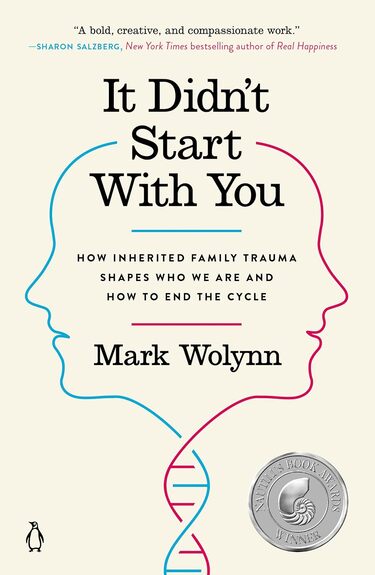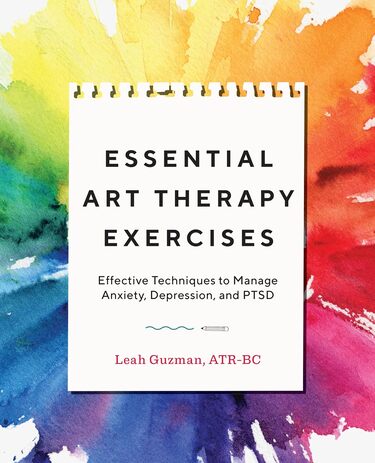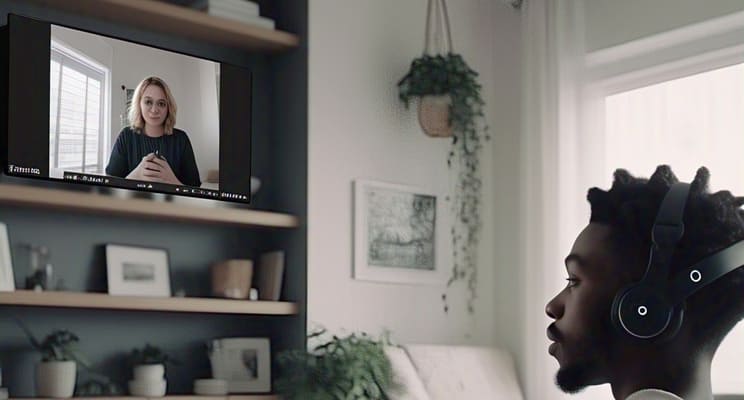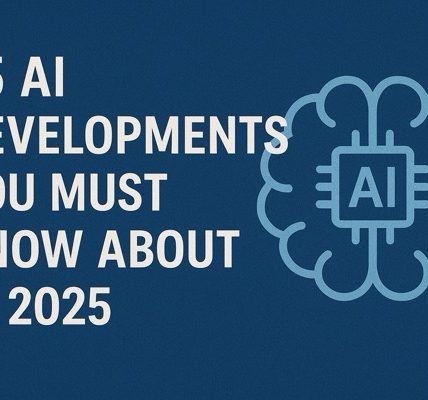Technology is reshaping how people approach mental health care, and AI-powered chatbots and virtual therapists are playing a growing role in this transformation. With mental health issues on the rise globally and a shortage of human therapists, these AI-driven solutions are providing support, guidance, and even intervention for those in need. While they are not a replacement for professional human therapists, they offer an accessible and scalable way to bridge the mental health care gap.

24/7 Accessibility and Immediate Support
One of the biggest advantages of AI-powered mental health tools is their round-the-clock availability. Unlike human therapists who have limited hours and long waitlists, chatbots and virtual therapists are accessible anytime, offering immediate support when users need it most.
A study published in the Journal of Medical Internet Research found that AI chatbots helped reduce symptoms of anxiety and depression in users by offering cognitive behavioral therapy (CBT) techniques on demand. This constant availability ensures that people can seek help during moments of crisis without waiting for an appointment.
Reducing the Stigma Around Seeking Help
Many individuals hesitate to seek mental health care due to fear of judgment or social stigma. AI chatbots provide a private and judgment-free space where people can express their feelings without fear of being labeled or misunderstood.
According to a 2021 survey by the American Psychological Association, 47% of respondents reported feeling uncomfortable discussing their mental health concerns with others. AI-driven therapy tools help overcome this barrier by offering a safe environment for users to open up and reflect on their emotions.
Personalized and Adaptive Responses
AI-powered chatbots are designed to learn from user interactions and adapt their responses accordingly. These tools use natural language processing (NLP) and machine learning to understand emotions, detect distress patterns, and provide tailored suggestions.
For instance, apps like Woebot and Wysa use evidence-based techniques like CBT and mindfulness to guide users through emotional struggles. A 2022 study in JMIR Mental Health reported that users engaging with AI-driven therapy apps showed a 30% reduction in stress levels over six weeks, highlighting the effectiveness of personalized interventions.
Bridging the Mental Health Care Gap
With a global shortage of mental health professionals, AI chatbots are filling a critical gap. The World Health Organization estimates that nearly 1 billion people worldwide suffer from mental health conditions, but fewer than half receive the necessary care due to a lack of therapists and high costs.
AI-based mental health solutions offer a scalable way to reach underserved populations, especially in remote areas where professional help is scarce. Innovative tools, such as Joyland AI chat with characters, can provide emotional support in an engaging and accessible way. They also make mental health support more affordable, reducing financial barriers that often prevent people from seeking therapy.

Enhancing Traditional Therapy
Rather than replacing human therapists, AI tools can complement traditional therapy by serving as a bridge between sessions. Users can track their moods, practice coping strategies, and receive daily mental health check-ins, which can enhance the effectiveness of in-person therapy.
Therapists can also use data from AI-driven platforms to better understand their patients’ progress and tailor treatment plans accordingly. Research from Stanford University suggests that integrating AI-assisted therapy into traditional treatment plans can improve patient engagement and overall treatment outcomes.
Challenges and Ethical Considerations
While AI chatbots and virtual therapists offer many benefits, they also come with challenges. Privacy and data security are major concerns, as users share sensitive mental health information with these platforms. Ensuring that AI-driven therapy tools comply with data protection regulations is crucial.
Additionally, AI lacks human empathy and may not fully understand complex emotional nuances, making it essential to use these tools as a supplement rather than a substitute for human therapy. Ethical guidelines must be established to ensure responsible AI usage in mental health care.
AI is Revolutionizing Mental Health
AI chatbots and virtual therapists are revolutionizing mental health care by offering accessible, affordable, and stigma-free support to millions worldwide. Their ability to provide 24/7 assistance, personalize responses, and bridge the gap in mental health services makes them a valuable tool in today’s digital era.
However, they should be seen as part of a broader mental health care system rather than a standalone solution. By integrating AI with traditional therapy, the future of mental health support looks more inclusive and effective than ever before.

It Didn’t Start with You: How Inherited Family Trauma Shapes Who We Are and How to End the Cycle

Essential Art Therapy Exercises: Effective Techniques to Manage Anxiety, Depression, and PTSD





